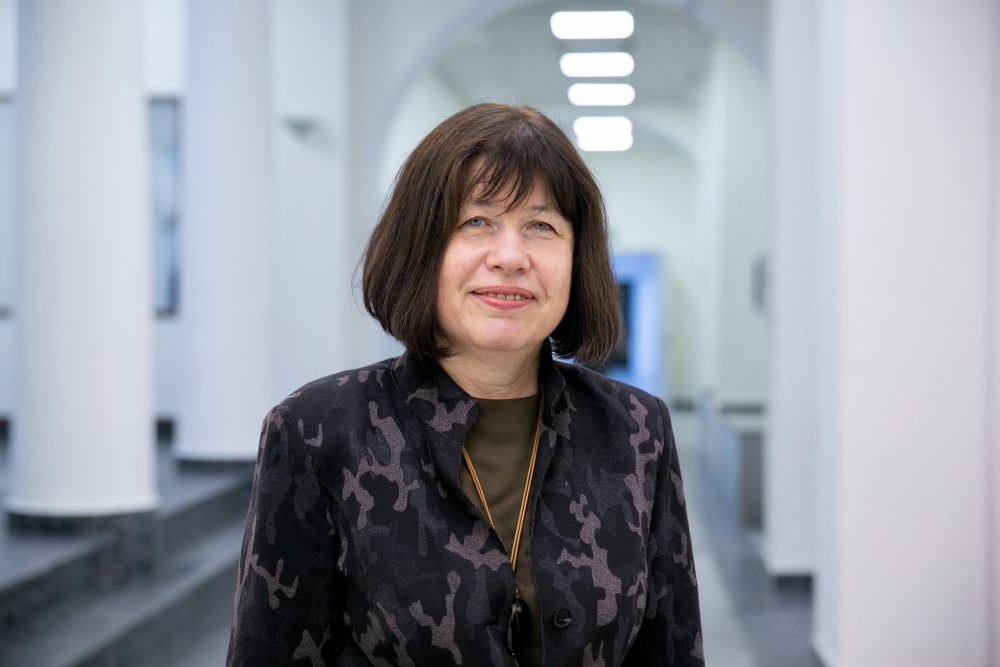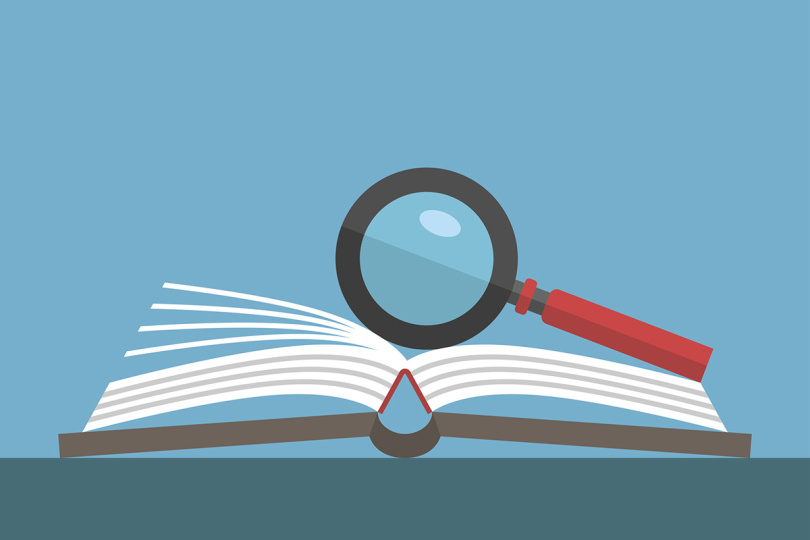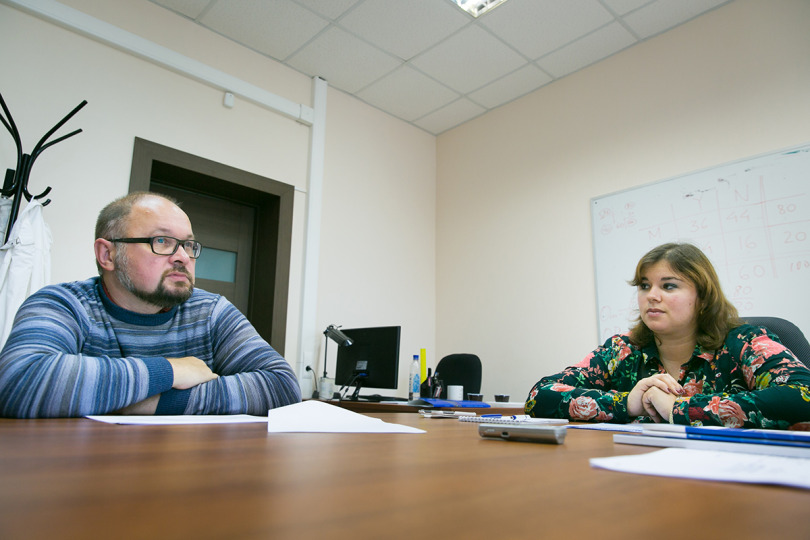Projects have won the competition for the creation of international laboratories at HSE University for the period from December 1, 2019 to December 31, 2022.
What connects philosophers, linguists, and logicians? How do you develop partnerships with dozens of foreign research centres in just six months? Can science exist in isolation from the outside world? Elena Dragalina-Chernaya, Head of the International Laboratory for Logic, Linguistics, and Formal Philosophy, discusses these and other issues.
Why might a grandmother and her grandson not understand each other? Why would linguists want to go to Dagestan? Is it possible to save the less commonly spoken languages of small nations and Russian dialects? Nina Dobrushina, Head of the Linguistic Convergence Laboratory answered these questions in an interview with HSE News Service.
proposals for new international laboratories at HSE University have been received from researchers from Belgium, the UK, Denmark, Germany, Spain, Italy, Canada, Norway, the USA, Estonia, and Japan.
HSE’s new International Laboratory of ‘Russia’s Regions in Historical Perspective’ will study the social and political history of Russia’s regions from the 18
th to the late 20
th century.
The Laboratory of Algorithms and Technologies for Networks Analysis (LATNA) in Nizhny Novgorod is one of HSE’s international laboratories. It is co-supervised by Panos Pardalos, Distinguished Professor at the University of Florida, and Valery Kalyagin, Professor and Department Head at the Department of Applied Mathematics and Informatics. Professor Kalyagin told The HSE Look about the lab’s research projects, its work with students, and engagement in the educational life of the campus and HSE at large.
The HSE International Laboratory for Mirror Symmetry and Automorphic Forms, which is among several international laboratories to recently open within the Higher School of Economics, was created in December 2016 as part of the Russian government’s mega-grants program. Below, the lab’s academic supervisor, Ludmil Katzarkov, along with deputy heads Valery Gritsenko and Viktor Przyjalkowski, explain why the laboratory is fully capable of becoming a unique multidisciplinary unit dedicated to the study of mirror symmetry, automorphic forms, and number theory.
On December 23, 2016, the HSE Academic Council approved the creation of four new laboratories: the International Laboratory for the Study of Russian and European Intellectual Dialogue, the International Laboratory for Population and Health Studies, the International Laboratory of Deep Learning and Bayesian Methods, and the International Laboratory for Supercomputer Atomistic Modelling and Multi-scale Analysis.
The new International Laboratory for Mirror Symmetry and Automorphic Forms will open at HSE’s Faculty of Mathematics in 2017. This project, overseen by Ludmil Katzarkov (Professor at the University of Miami), won the Fifth Mega-Grants Competition of the Government of the Russian Federation.
The International Laboratory for Comparative Social Research (LCSR) was established in 2010 in the first wave of a competition for government mega-grants to attract major academics from abroad to Russian universities. The famous American sociologist and political scientist Ronald Inglehart, Founding President of the World Values Survey and professor at the University of Michigan, became the laboratory’s first Academic Supervisor.


.jpg)


